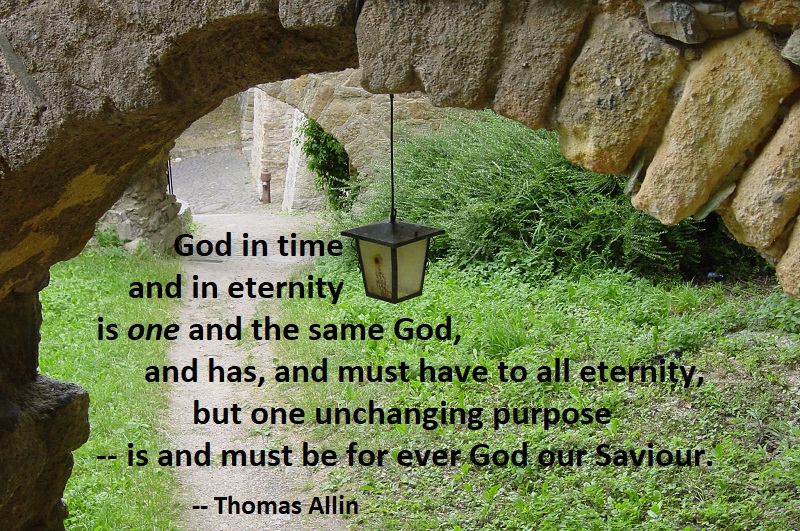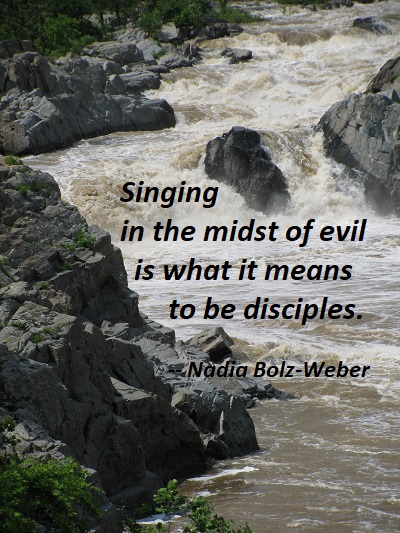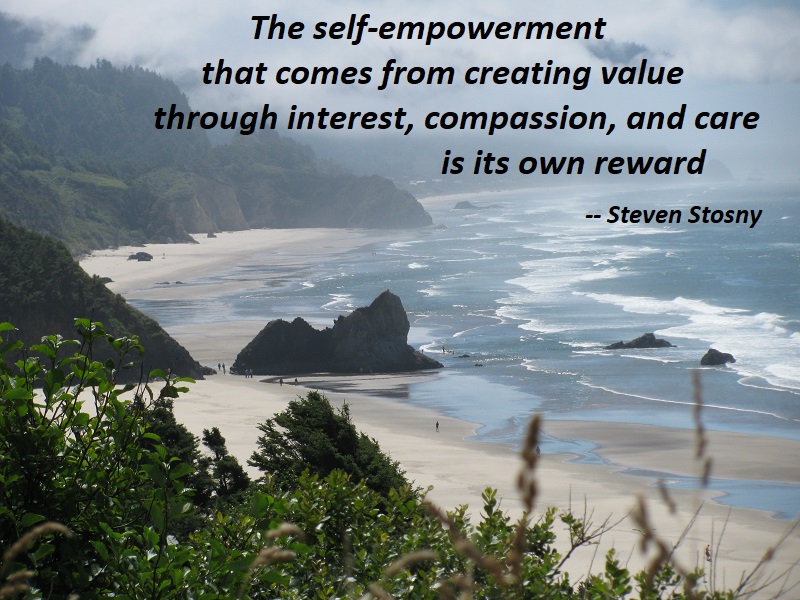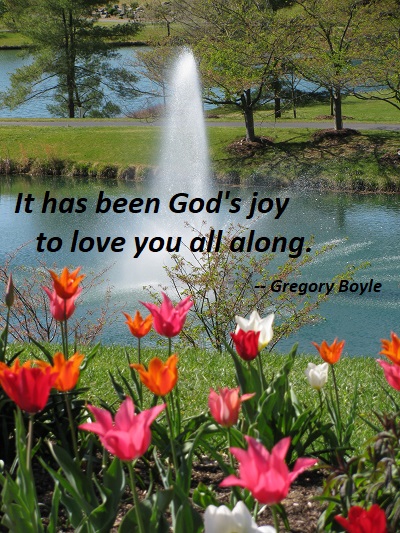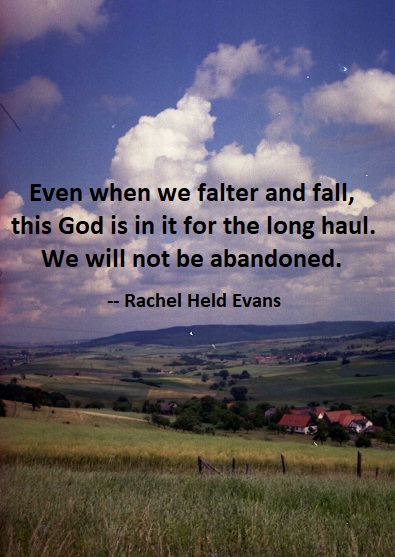God Isn’t Conflicted.
God’s essential unity is destroyed when we assign to him conflicting actions, as though his love demanded one course of action, and his justice another, as though God the Saviour were one person, and God the Judge a wholly different one. Or, again, when we blindly teach that, if his judgments now mean salvation, they at the great day mean endless damnation. God, I repeat, in his “judgments,” in his “fires,” in “death,” in “election,” God in time and in eternity is one and the same God (Heb 13:8), and has, and must have to all eternity, but one unchanging purpose — is and must be for ever God our Saviour.
— Thomas Allin, Christ Triumphant, p. 231
[Photo: Schloss Dhaun, Germany, July 2002]
